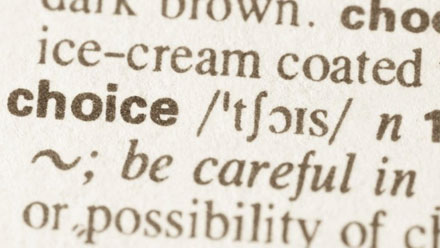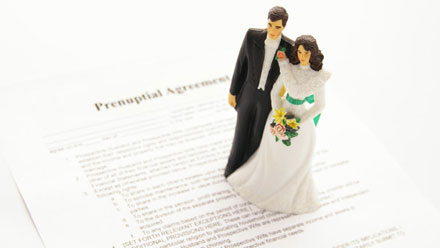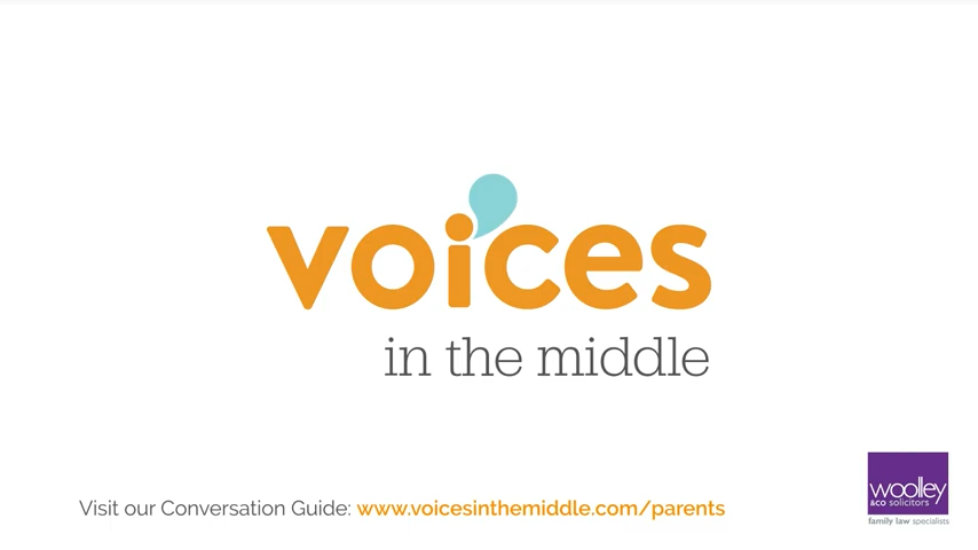Divorce lawyer videos
Information and advice on divorce & family law
Video Playlists
Get confidential legal advice today
Enter your details and we’ll have one of our lawyers call you within the next 24 hours

Sorry no legal aid If you are looking for legal aid you will need to contact solicitors able to offer this service. Check whether you can get legal aid here.









